Math category within the feminine gymnasium within the metropolis of Serpukhov.
TASSBeatings, solitary confinement, respect enforced with savage punishment… gymnasiums within the Russian Empire had been hell on earth for toddlers. regardless of all that, you can must come from privilege to gain knowledge of in any respect in that day and age.
"dear Lord! all of it appeared so horrible!" – those are the phrases of playwright Sergey Aksakov (1791-1859), a noble, like all different expert toddlers from those instances. In his memoirs Aksakov diligently outlines the horrors of his first impressions from the Kazan gymnasium: the consistent cold within the rooms, the waking earlier than dawn, the actual abuse, quarrels and fights in traces for the loos, the marching to prayer and the horrible food.
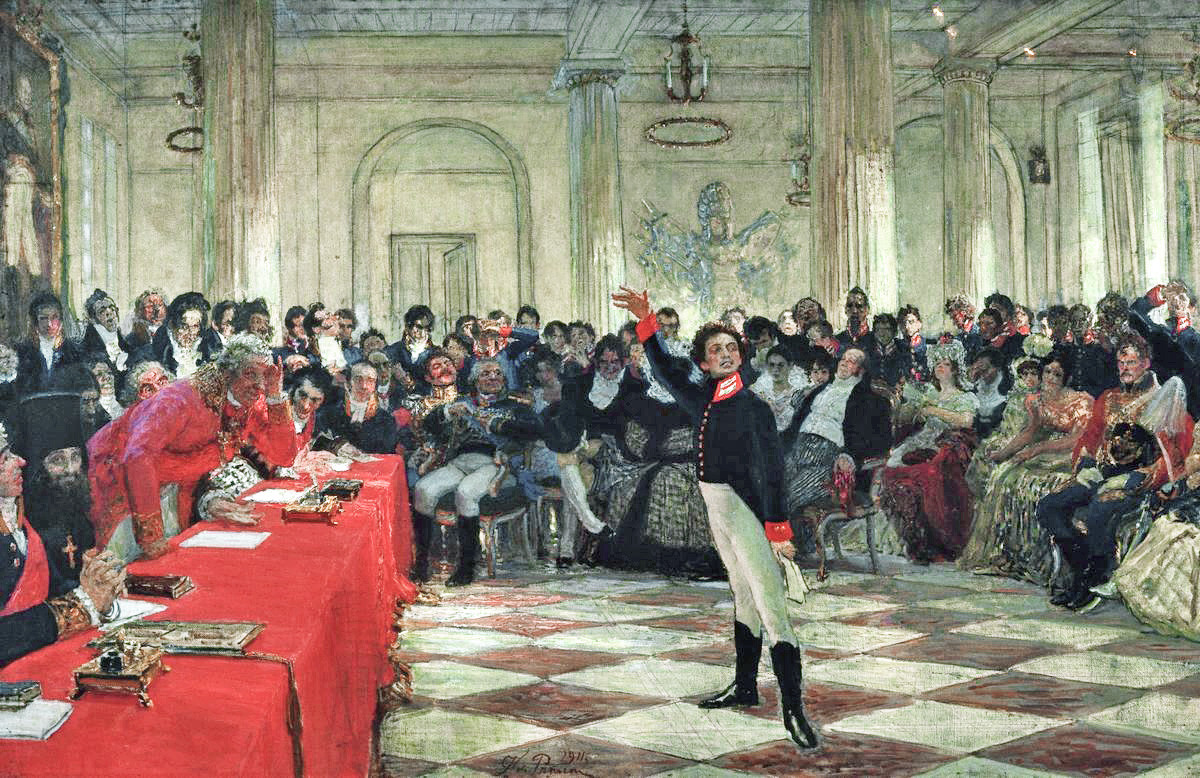
Ilya Repin painted a picture portraying Alexander Pushkin, the noted Russian poet, passing the exam within the Tsarskoye Tselo lyceum.
Ilya Repinsadly for Aksakov, gymnasiums had best begun to become softer on toddlers somewhat after his time, towards the start of the twentieth century. however Russia had been such a troublesome region for the colossal majority of its inhabitants that being a provider of a noble identify like Aksakov's would have rendered you certainly one of a really few to be eligible for the education in Tsarist Russia.
not for everybody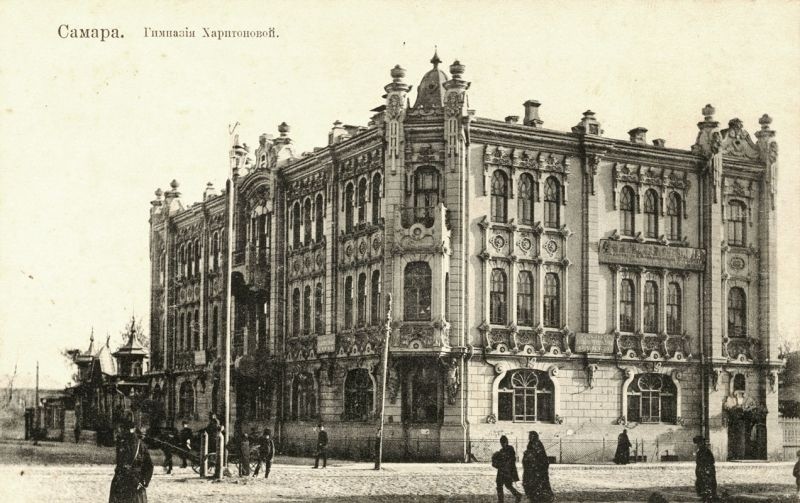
A gymnasium in the city of Samara, late nineteenth - early 20th century.
russiainphoto.ruReforms promising training for all didn't hit Russia except after the Bolshevik Revolution of 1917. The length of the Empire - starting from Peter the first rate – was certainly one of rampant illiteracy for amongst the mammoth majority of the inhabitants. Two-thirds couldn't read or write, in response to an 1897 census.
The bourgeoisie, nobility and various influential families and members of the city intelligentsia had been the simplest ones allowed to send their children to probably the most prestigious institution of the day - the seven-year gymnasium. For the relaxation, there were the Zemstvo schools and commonplace lyceums. And the gymnasium become de-facto the simplest route to enrolling at college, so the leisure readily lucked out.
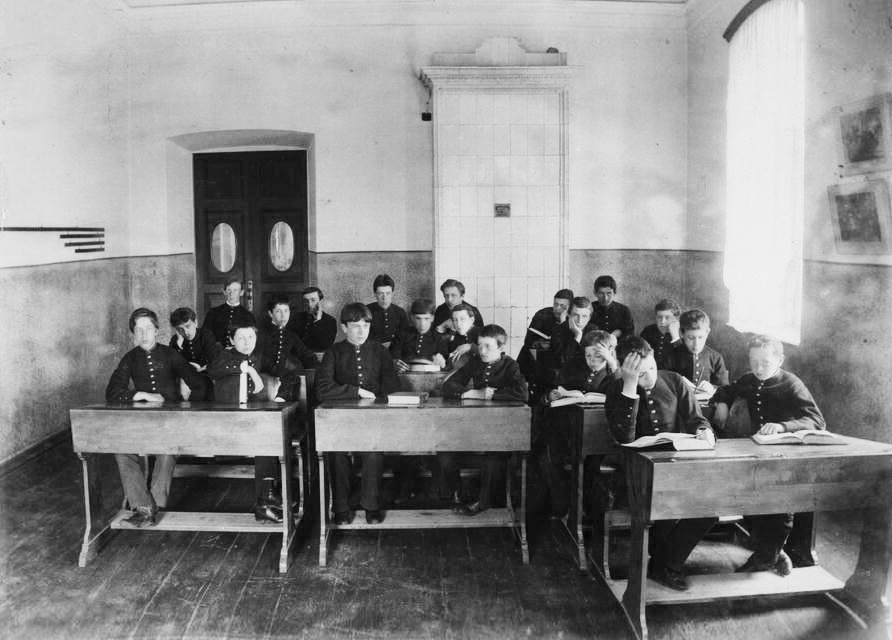
a daily gymnasium in the city of Tyumen.
russiainphoto.ruRoom and board for one year had been 25 rubles - a month-to-month income of a employee. despite the fact, that nevertheless wasn't too unhealthy: "the authorities began discussions on raising the board to make it unimaginable for those from the poorer courses to ensure their little ones's entrance into the extra affluent strata of society," writes historian Alexey Lyubzhin. They even circulated a memo in 1887 (annulled 13 years later), aptly known as 'the memo on cooks' little ones', stipulating that no little ones from poorer households were to be accredited. The govt turned into afraid that children from poorer strata – but knowledgeable – would develop up to be revolutionaries and bring the complete system down. Of direction, their fears grew to become out to be completely justified!
Iron self-discipline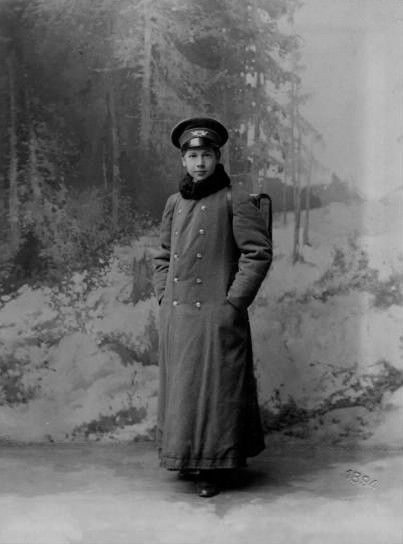
A portrait of a gymnasium scholar, 1894.
russiainphoto.ruphysical abuse and bodily hurt have been general, particularly within the first half of the 19th century. Beating a toddler with rods changed into very familiar. author Pavel Zasodimsky would later write: "The rod beatings will always stay one of the most darkest pages in our gymnasium's history. now not one balanced newborn would ever emerge from that flock. All who have been fiercely crushed like animals became into drunkards, perverts and losers."
Rods as a kind of punishment would handiest be outlawed in an 1864 law. whatever to word right here: when that recommendation become circulated to British and German colleagues, they frowned on the thought, believing that outlawing corporal punishment constituted a grave error. This had made the Russian system essentially the most humane in all of Europe for a time.
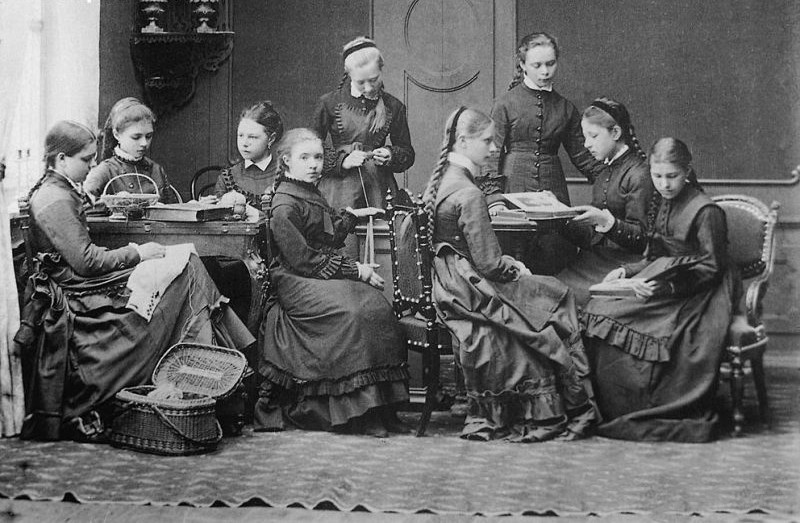
Nizhny Novgorod, graduates of the feminine gymnasium.
russiainphoto.rua further category of punishment having fun with a substantial diploma of recognition changed into solitary confinement. That become reserved for principally harsh crimes, such as fighting or making an attempt to smuggle tobacco onto college grounds. The offending infant can be positioned in a windowless room where they'd spend anyplace from five to 16 hours.
Uniforms have been to be worn continually, their "sanctity" upheld even right through free hours.
for women (who, of course, had been enrolled into separate associations), lifestyles become no sweeter. "The women had been forbidden from leaving campus grounds after eight, sitting on benches near shops, traveling the images and attending any method of celebratory evenings on the defense force membership," writes historian Valery Kruzhinov. obviously, you needed a trainer's be aware for well-nigh everything, including trips to the theatre.
God and Latin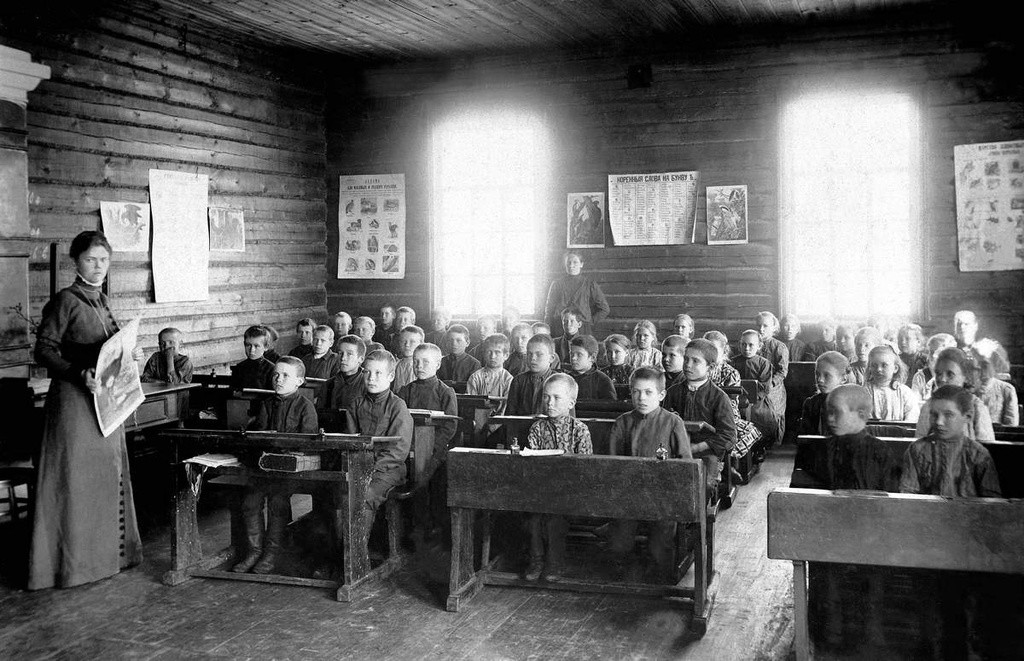
A Zemstvo faculty, religion type.
russiainphoto.rureligion in God and the Emperor have been of paramount value for any one enrolled within the institutions. "God, save the Tsar!" was carried out at the beginning of daily, and Bible readings and classes had been, of course, a basic requirement of gymnasium existence. "God's legislations wasn't simply there for aesthetic applications – however ideological ones as neatly," Kruzhinov writes.
It's very exciting to be aware right here that the gymnasiums exhibited free multi-confessionalism: your non secular tutor changed into assigned to you in response to your faith, which needn't were Christianity, in accordance with an 1829 law. however the tedious memorization of passages in Latin become mandatory for everybody.
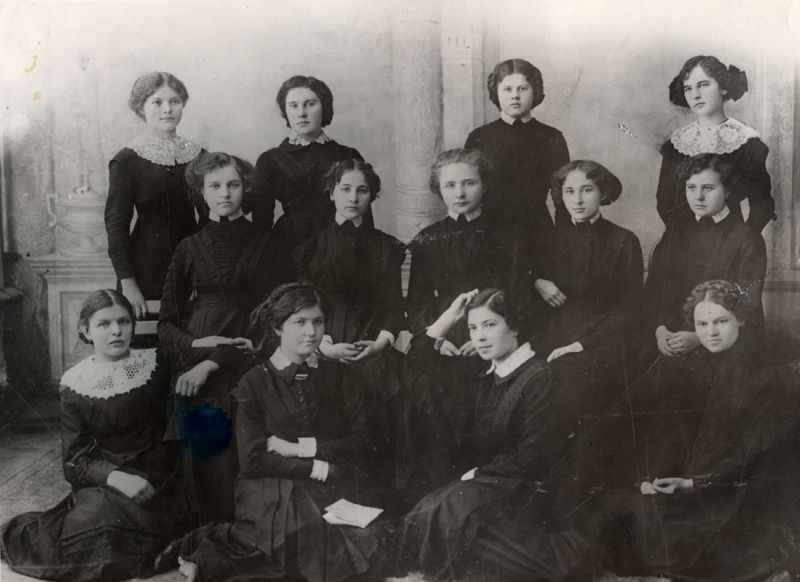
college students of the feminine gymnasium in Kasimov, 1910.
russiainphoto.ruThe classical gymnasium changed into "classical" for a cause: it committed tons of its time to the study of classical lifestyle and noble languages – Latin and Greek. but while the latter was finally field to option, the "dry and useless area" of Latin had remained mandatory, in line with historian Dmitry Zasosov.
As you may have surmised, the gadget changed into unstable. Latin turned into universally hated by using all, and 'God's word' become additionally more and more being approached with a match dose of skepticism. in accordance with Andrey Shevelev, "whereas being a God-fearing student become regarded an honor in early 19th century, finding any excuse to ditch Church service or skip the fast was more and more regarded a noble feat within the latter half." The influence became that – by the point the nation become ripe for upheaval, a big portion of these higher-category items of Tsarist training had definitely discovered themselves siding with the Bolsheviks.
If the use of any of Russia beyond's content material, partly or in full, always deliver an active hyperlink to the original cloth.
No comments:
Post a Comment